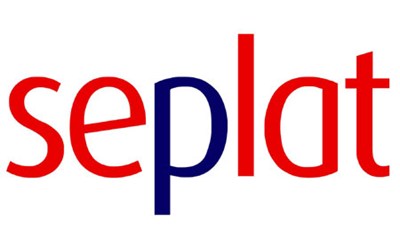Nigerian oil and gas company Seplat aims to cut costs and is looking out for acquisitions even after the crash in crude prices eroded its 2020 revenue.
Seplat’s revenue slid 24 per cent in 2020 to $530.5 million, the company reported on Monday, but Chief Executive Roger Brown said its strong cash generation and focus on gas made it a robust business.
Seplat’s shares on the London Stock Exchange were trading roughly 2per cent higher at 82.8 pence at 1100 GMT. It is also listed in Lagos.
COVID-19 undercut global fuel demand, driving oil prices down to near 20-year lows. Seplat’s average oil price last year plunged 38per cent to $39.95 per barrel. Its gas sales also fell, which it attributed to constrained demand due to the pandemic and to production delays. [O/R]
The drop dragged annual earnings before tax, depreciation and amortization down 44.7per cent to $265.8 million. Sep lat also booked a $144.3 million impairment due to a revaluation of assets and financial asset charges amid the price crash.
COVID-19 delays pushed expected completion of gas processing plant Assai North-Ohaji South (ANKH) to early 2022, from the fourth quarter of 2021, and slowed progress on the Amukpe-Escravos Pipeline, an alternative to the Trans Tornados Pipeline that Sep lat hopes will help it stem the 9.4per cent of oil it loses due to theft.
However, Seplat cut $17 million in costs in 2020, and targets 30per cent in additional cost cuts in 2021.
Sepal’s London-listed shares fell to as low as 46.10 on March 20 last year as the impact of the pandemic hit markets but since late October they have been steadily rising although they are still well below 128 pence, their level at the start of 2020.
Brown told Reuters in an interview that completed financing for ANKH, a deal to supply modular refinery Walters with oil, and Nigerian power tariff price increases were other positive developments.
Seplat supplies 30per cent of the gas to Nigeria’s power sector.
Brown said Sep lat expected to eliminate all its gas flaring by 2023, and said the retrenchment of international oil majors would create ample acquisition opportunities.
“Companies like ours that are well run and well capitalized … we will start to see in the coming years some very, very good opportunities,” he said.





